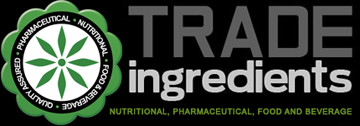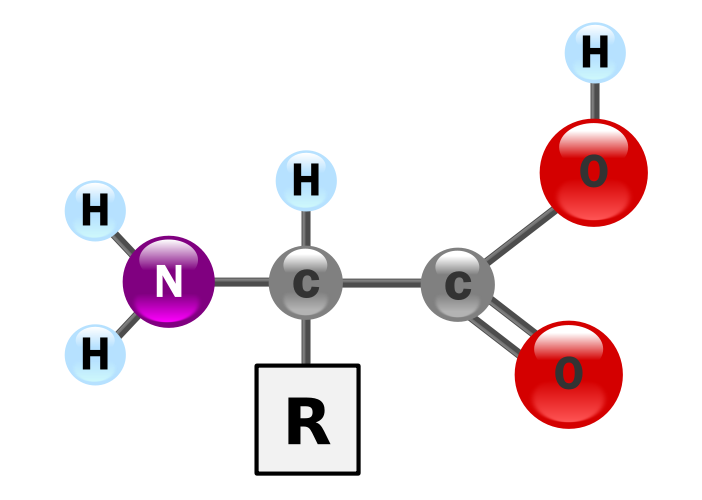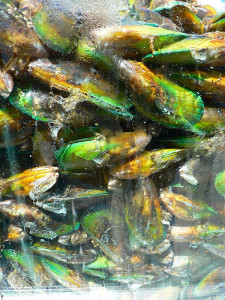
Green Lipped Mussel Powder
Check out this photo sent in by some very happy customers! Trade Ingredients customers usually purchase our Green Lipped Mussel powder for their dogs and horses but it was great to see some very pleased elephants getting their supplements too. Our Green Lipped Mussel powder is a natural and highly nutritious source of proteins, vitamins and minerals. We supply to some of the countries biggest pet-food manufacturers as well as thousands of pet-owners all over the world. Green Lipped Mussel Powder is most frequently used amongst these customers as a supplement to prevent or mitigate arthritis in animals. Green Lipped Mussel Powder is a natural anti-inflammatory that is commonly used to reduce joint pain, inflammation and a number of other similar symptoms associated with arthritis. It is an ideal source of Omega fatty acids that promote joint health as well as Glucosamine and Chondroitin – the building blocks for your bones. Many veterinarians have now started suggesting treatment with Green Lipped Mussel powder rather than NSAIDs (Non-Steroidal Anti Inflammatory Drugs) due to some of the side effects experienced with NSAIDs – these can include nausea and in some cases sickness and stomach ulcers.
Source
Our Green Lipped Mussel Powder is harvested in the Marlborough region of New Zealand and supplied to us with an export certificate from the New Zealand Food Safety Authority (NZFSA). It is the highest grade available and 100% pure.
You can find out more and save money by purchasing the highest quality GLMP direct from us. Buy here: LINK
If you have purchased our Green Lipped Mussel Powder, send us your photos and a comment and let us know how it helps your animal live a healthier life!




 Vitamin C, also known by its more scientific name, Ascorbic Acid, has long been known as an important element of human health; who among us hasn’t heard the ominous tales of medieval sailors crippled by scurvy? While you probably associate Vitamin C with powders and supplement tablets that you take to prevent the common cold and feel your best, you may be surprised to learn about some of the more interesting details about this wonder vitamin and ascorbic acid powder. Here are five of the most remarkable facts about Vitamin C.
Vitamin C, also known by its more scientific name, Ascorbic Acid, has long been known as an important element of human health; who among us hasn’t heard the ominous tales of medieval sailors crippled by scurvy? While you probably associate Vitamin C with powders and supplement tablets that you take to prevent the common cold and feel your best, you may be surprised to learn about some of the more interesting details about this wonder vitamin and ascorbic acid powder. Here are five of the most remarkable facts about Vitamin C. Used as a protein enriched flavour enhancer in various forms of fishing bait. Green Lipped Mussel Powder can be added directly to ground bait mixes or during the cooking process when boiling hook baits. Both flavouring and aroma are incredibly potent when fishing for various breeds of fresh water and sea fish. A real favourite with carp anglers, attributing specimen catches throughout Europe and Asia to the Power of the Green Lipped Mussel and derivatives, such as Green Lipped Mussel Powder.
Used as a protein enriched flavour enhancer in various forms of fishing bait. Green Lipped Mussel Powder can be added directly to ground bait mixes or during the cooking process when boiling hook baits. Both flavouring and aroma are incredibly potent when fishing for various breeds of fresh water and sea fish. A real favourite with carp anglers, attributing specimen catches throughout Europe and Asia to the Power of the Green Lipped Mussel and derivatives, such as Green Lipped Mussel Powder. Potassium Sorbate is a food preservative that helps prevent mould and yeast growth – ultimately increasing shelf life. It is a very widely used food preservative that does not affect colour, taste or flavour.
Potassium Sorbate is a food preservative that helps prevent mould and yeast growth – ultimately increasing shelf life. It is a very widely used food preservative that does not affect colour, taste or flavour.